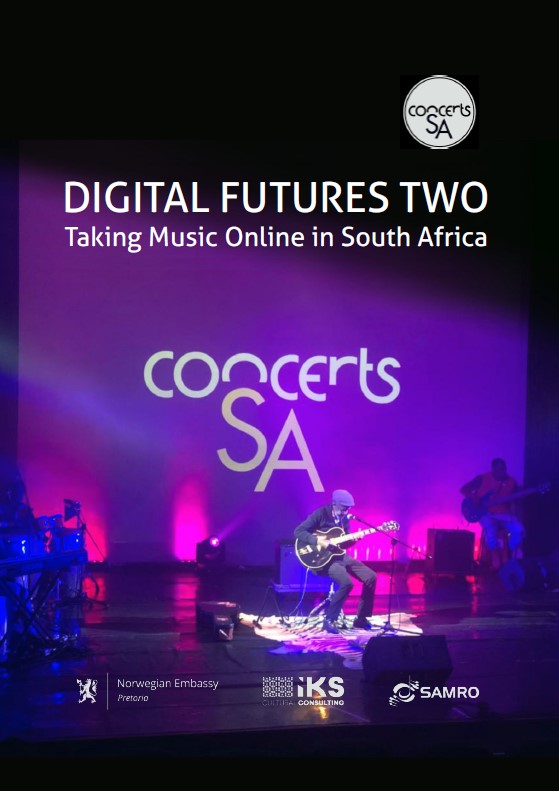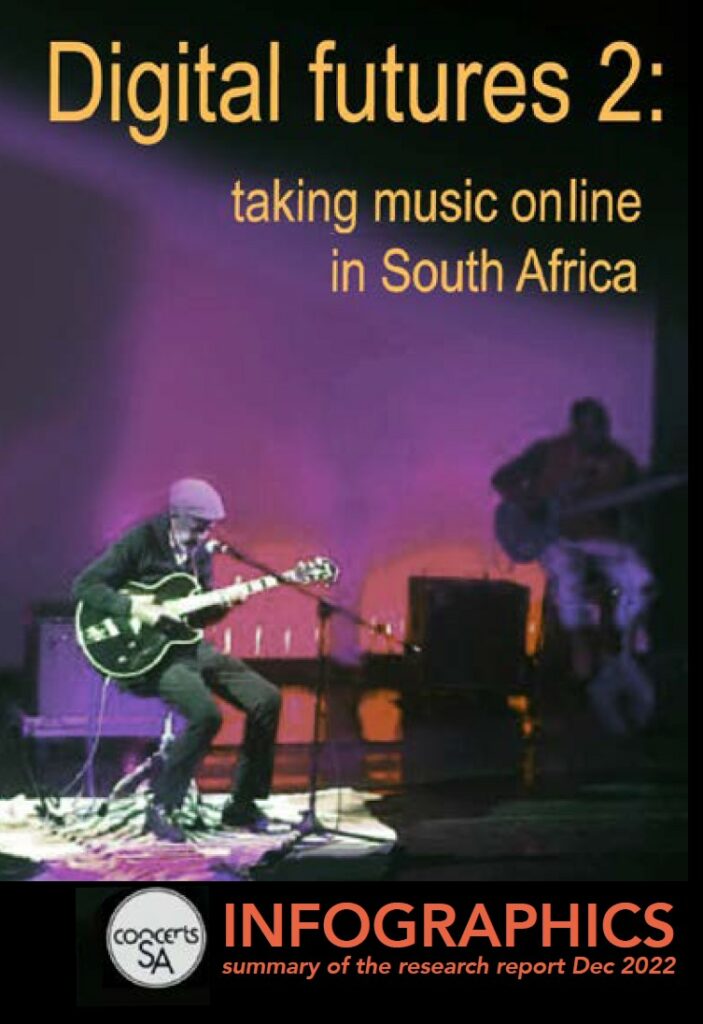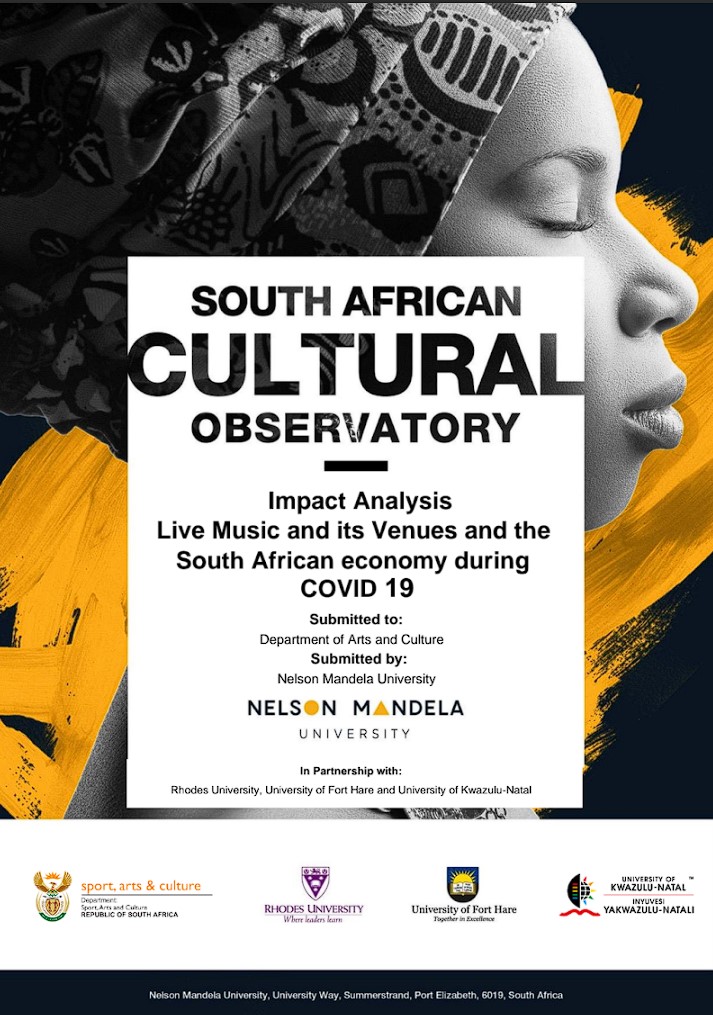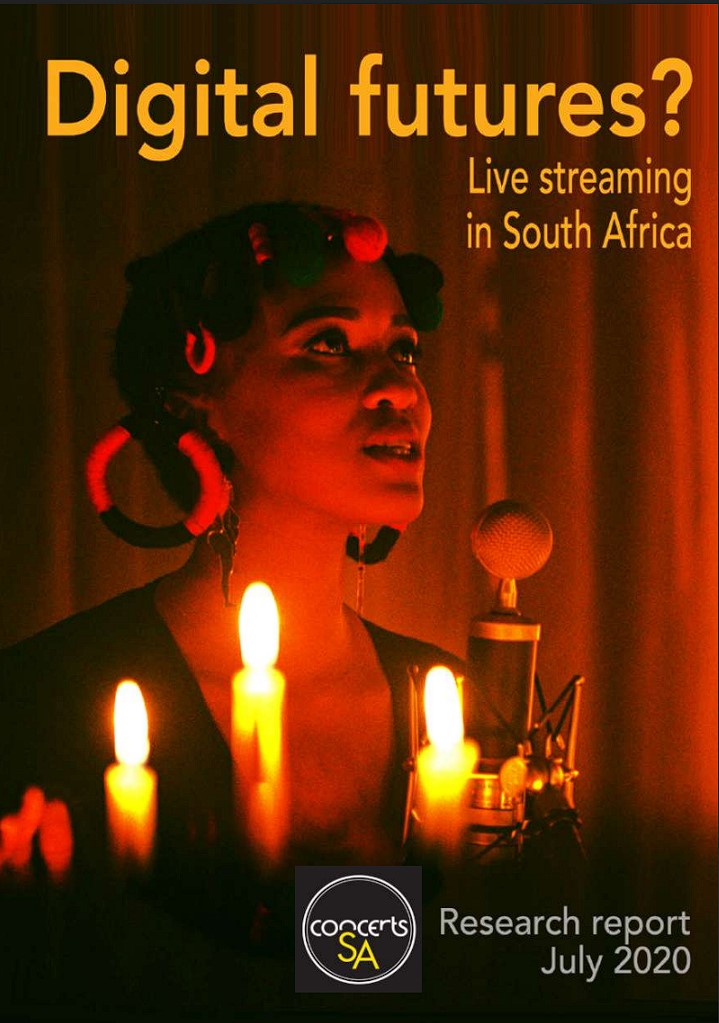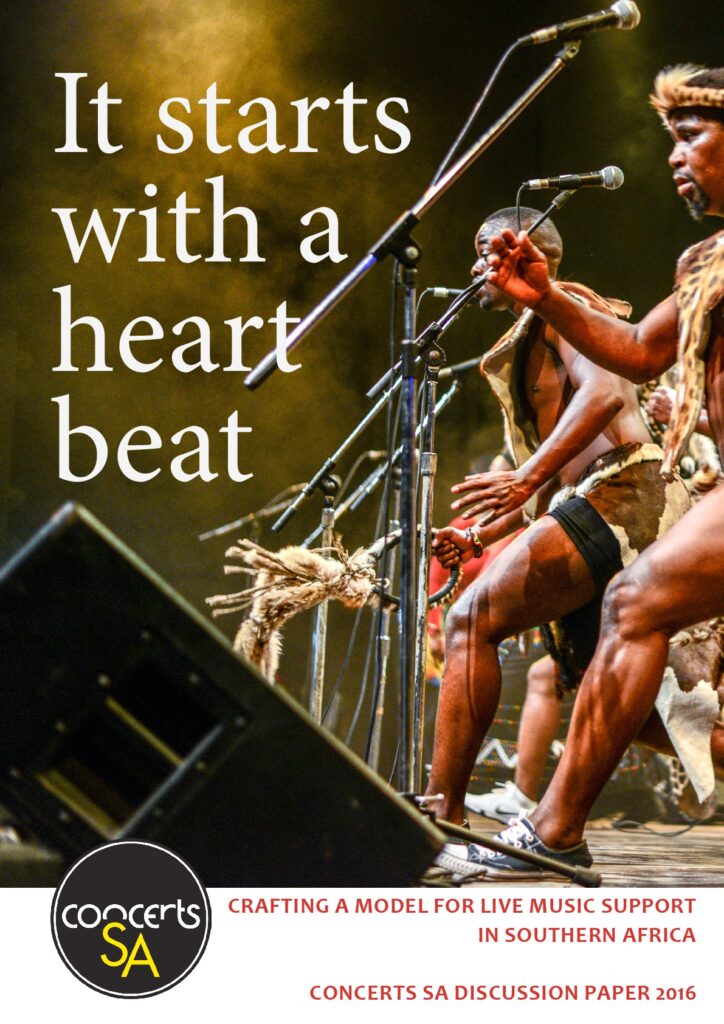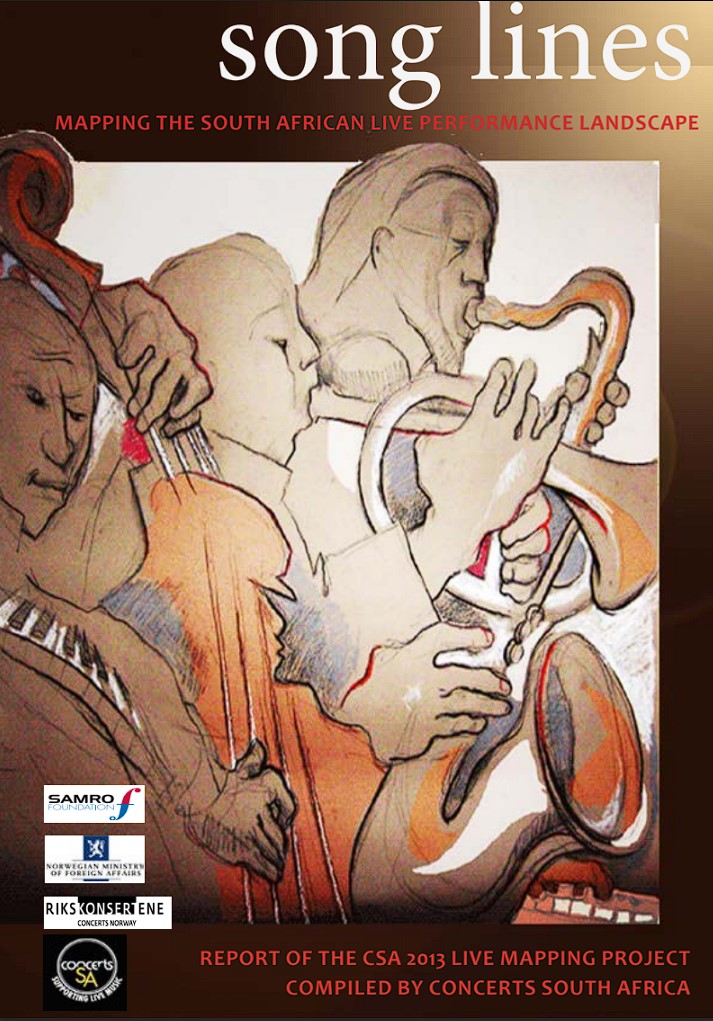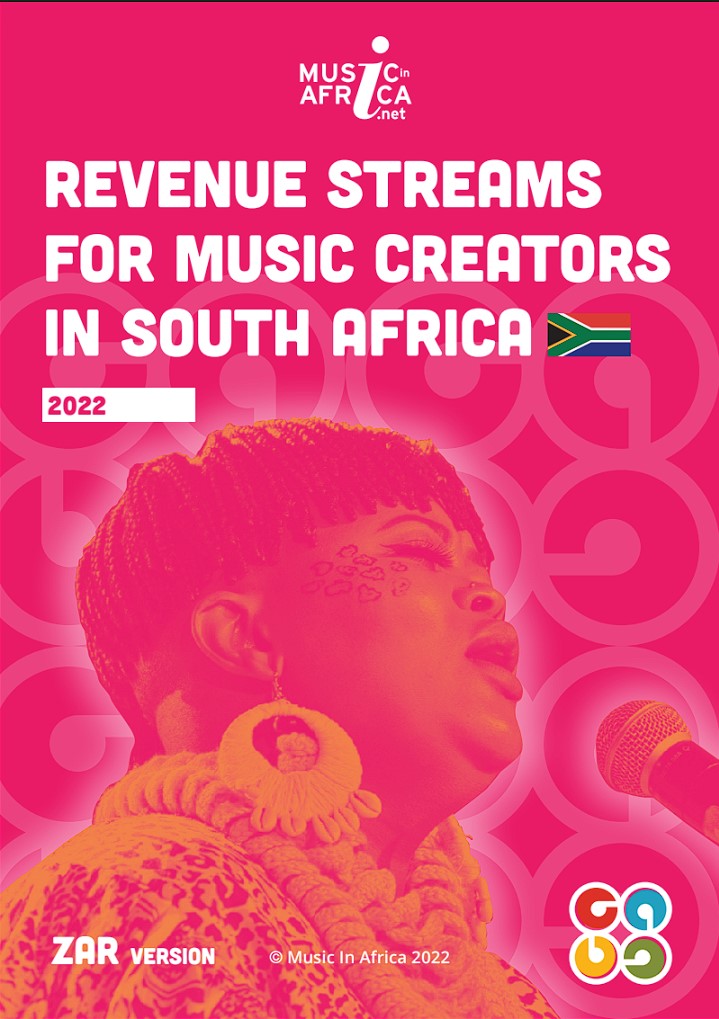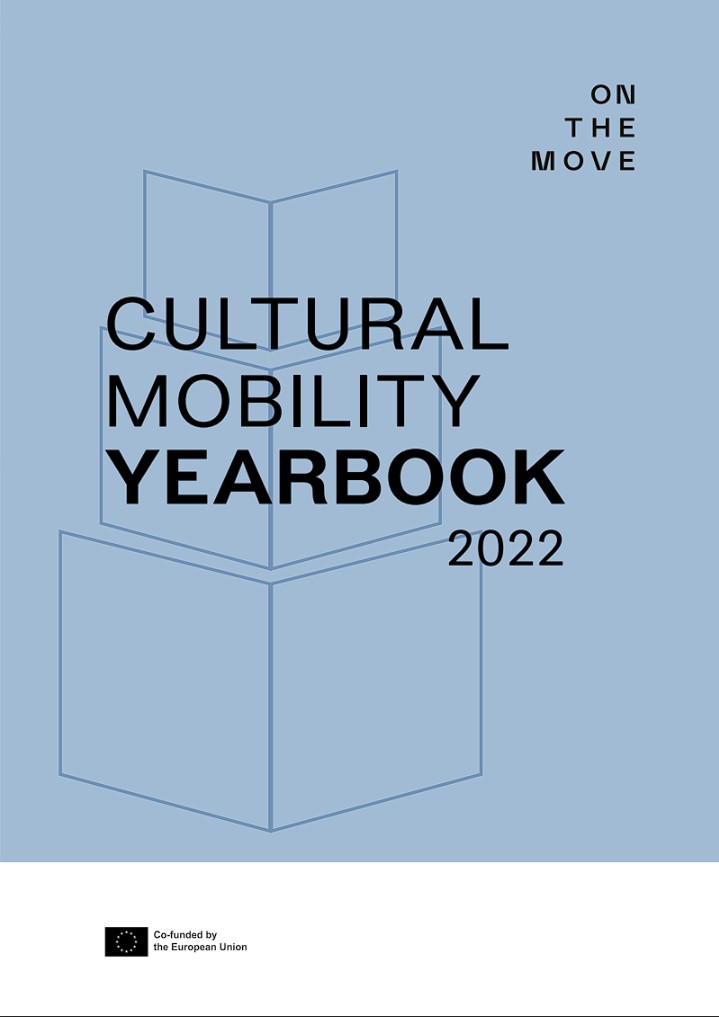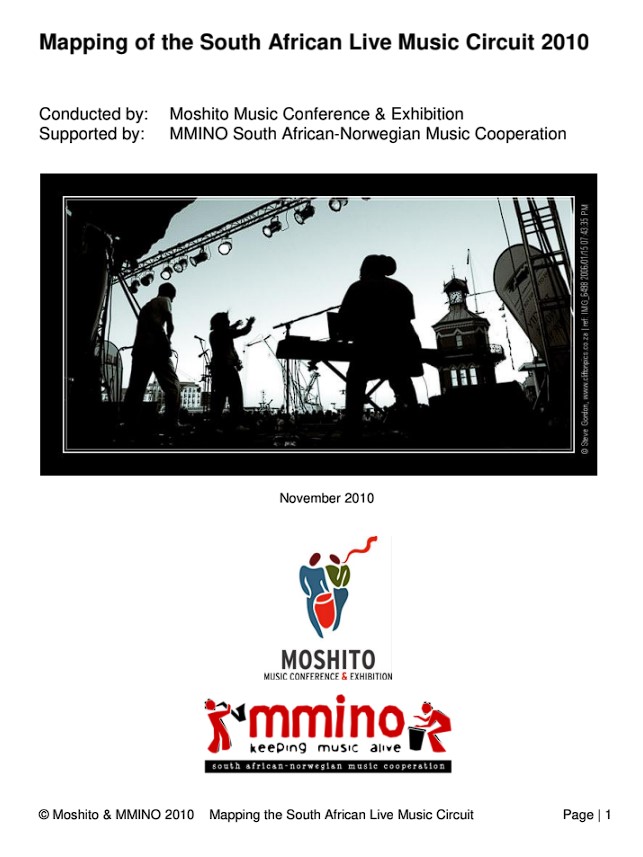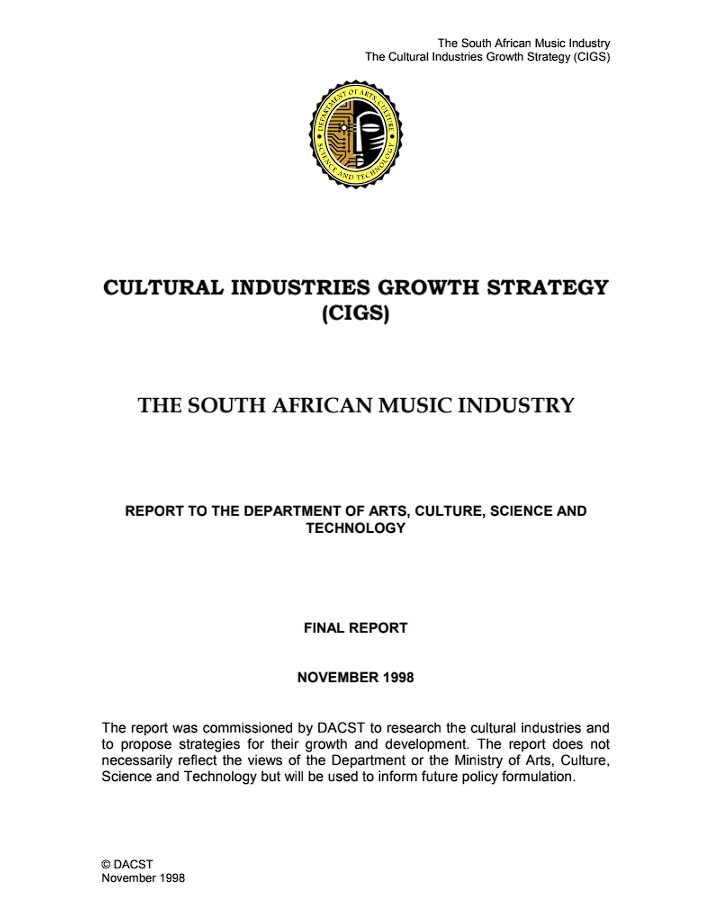CONCERTS SA RESEARCH ARCHIVE
Digital Futures Two – Taking your music online (November 2022)
This second study was conducted over the early months of 2022. Based on a survey that sought to establish how the landscape for the
streaming of music changed between 2020 and 2022, and to further document the
experiences of the South African music sector in the digital domain the document’s primary areas of enquiry included the revenue earned from streaming, streamers’ future plans, policy and programme considerations for stakeholders
across the sector.
Digital Futures 2 – People’s version (November 2022)
Digital futures ‘Infographics’ is a summary of the research findings of Digital Futures Two – Taking your music online.
This version is designed to be brief and digestible for non academic use
SACO: Impact Analysis – Live Music and its Venues and the South African Economy during COVID 19 (May 2020)
This research follows up the SACO survey on the impact of COVID-19 across the whole South African creative and cultural industry landscape, published in May 2020.
The data presents a picture of a highly interconnected value chain, where venues and other music delivery mechanisms serve as hubs for music practitioners; the loss of one venue impacts on the work and revenue opportunities of multiple other industry professionals.
Digital Futures? Live Streaming in South Africa (July 2020)
For South Africans, 26 March 2020 was the day live music died; many of our colleagues in neighbouring countries across Africa have faced the same situation.
Under lockdown, the impact on live music all along the value chain has been devastating.
Conversations with the various livestreaming entities point towards bleak business prospects, and this has been reinforced by additional anecdotal evidence from musicians we talk to. Some are even contemplating the sale of instruments and equipment simply to feed their families.
It starts with a heart beat – Crafting a model for live music in southern Africa (2016)
Research perspectives on live music (nationally and internationally) have broadened over the past decade. That was reflected in our report Song Lines in 2014. The volume of data, including data from the developing world, supporting new findings and practices has increased significantly since then, and has informed this current document. Importantly for South Africa, we are now responding proactively to the insight that in the new landscape of the music sector,an understanding of demand-driven planning is vital.
Song Lines – Mapping the South African Live Performance Landscape (2013)
Live music is a key source of livelihood for musicians, and is often the ‘development lab’ in which content and performance are refined and perfected. In addition, while the digital revolution is making CD sales less important as an income stream, it is making live music more important, because every live show offers a unique, unrepeatable experience.
Access to performance opportunities for musicians, and listening opportunities for the people of this country are limited and unequally distributed.
Music in Africa – Revenue Streams for Music Creators in South Africa (2022)
This report comes at the end of the pilot phase of the RSFAM project. It provides a summary of findings from nationwide research conducted by the Foundation in South Africa in 2021. Potentially the biggest of its kind in South Africa to date, the study interviewed 3000 musicians from all the nine provinces of South Africa, namely Eastern Cape, Free State, Gauteng, KwaZulu-Natal, Limpopo, Mpumalanga, Northern Cape, North West and Western Cape.
On the Move – Cultural Mobility Yearbook 2022
Concerts SA (CSA) has become known for its consistent support of live music in Southern Africa, particularly through its mobility fund, which has seen musicians travel all over the subcontinent. If it was not for the ingenuity and foresight of Concerts SA the pandemic could have had a far more disastrous effect on artists who could not perform live under the stringent South African lockdown. This article investigates the Concerts SA Digital Mobility Fund (DMF) – why and how it was conceived, and how it changed many Southern African musicians’ business model
Mapping of the South African Live Music Circuit 2010
This mapping exercise aims to offer a preliminary “stocktake” as to the scale and scope of South Africa’s permanent live music circuit. Moshito (who conducted the Mapping) and MMINO (who funded it) intend that this modest venture can stimulate an understanding of this often-neglected “sub sector” of South Africa‟s growing music sector and industry.
Cultural Industries Growth Strategy 1998
Understanding the global context of the cultural industries is of crucial importance if any attempt is made to develop them. The politics of the “New Economy” and phenomena
like the Internet make understanding these processes absolutely necessary. The CIGS
process was designed to ensure a critical dialogue with experts from other countries where successful strategies to develop the cultural industries within this global context
has been undertaken.
